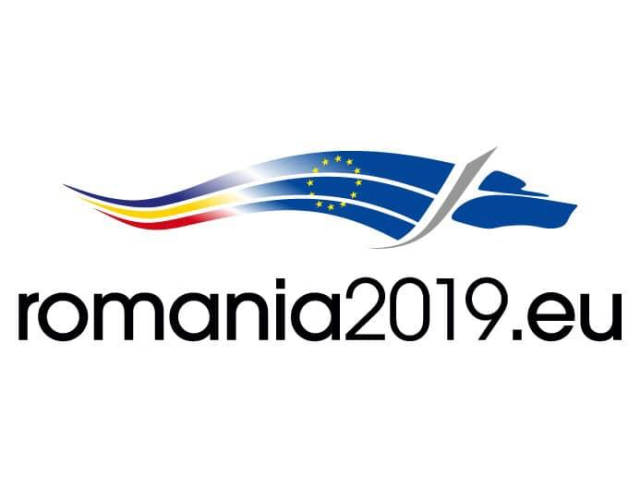Romania takes over EU presidency
Bucharest wants to project a pragmatic vision during its 6-month term

Corina Cristea, 04.01.2019, 13:47
For the first time since joining the European Union 12 years ago, Romania is holding the presidency of the Council of the European Union. Its Prime Minister Viorica Dancila says Bucharest wants to project a pragmatic vision during its 6-month term based on the principle of cohesion. Romania’s priorities rest on four pillars: a Europe of convergence, a safer Europe, Europe as a global actor; and a Europe of common values. Europe of convergence which means growth, cohesion, competitiveness will ensure, according to prime minister Dancila, sustainable and equitable development for all European citizens. This is essential, she said, in order to promote a united Europe and increase the European Union’s competitiveness at a global level.
Viorica Dancila: “The decisions on the future of European policies must be reflected in the Union’s funding priorities. Therefore, Romania’s presidency of the Council of the European Union will contribute to the drafting of the post-2020 multiannual financial framework in order to fulfil the objectives in the next seven years and ensure a balance between growth and convergence generating policies in the community bloc.”
Romania also aims to contribute to the consolidation of the economic and monetary union and to promote research and innovation through digitisation and connectivity as main factors in the growth of the competitiveness of European industry. The Romanian authorities also believe that intolerance, populism, racism and xenophobia can be fought through a permanent reminder of the values on which the Union is based, while also calling for greater citizen involvement in the decision making process.
Viorica Dancila: “I believe it is necessary to encourage young people to become involved in the creation of a strong Europe based on shared European values. Also, we will support during our term the legislative initiatives related to the participation of European citizens in the European legislative process.”
Minister for European Affairs, George Ciamba, talked about Romania’s priorities during its 6-month mandate and pointed out that, under the motto “Cohesion — a common European value” Bucharest will have to deal with very important matters for the future of the EU, such as Brexit, the future budget of the Union and the elections for the European Parliament.
George Ciamba: “In the first period, when we work together with the current European Parliament, Romania’s priorities will focus on turning as many bills as possible into European laws. At present, we have quite a clear picture at the level of each ministry, of which initiatives can be turned into European law and which are the ones that need to be further worked on and then taken over by the next presidency. The mandate of the current European Parliament expires in April, so quite soon. Romania must have an impartial stand, but, at the same time, it must find qualified majorities that should allow it to reach a common stand within the Council. The second part of Romania’s mandate will be dedicated to the summit in Sibiu, a very important summit held only two weeks and a half ahead of the European Parliament elections. It is very important, essential I would say, as far as we are concerned, for the summit to give a signal of unity among all member states and European partners as regards the future of the Union. In the last month of Romania’s mandate, which will again be a very complicated one, we will have the chance to tackle topics that cannot be discussed before that, precisely because of the campaign for the European Parliament elections. These topics were postponed so as not to interfere with the elections. Therefore they must be discussed in one month alone, the time left before Romania’s mandate expires. Among these topics is EU enlargement.”
Romania wants the Black Sea to become a priority zone for the EU as well, as it currently is for NATO, Foreign Minister Teodor Melescanu has said: “One of Romania’s goals, as president of the Council of the EU, will be to come up with proposals regarding the strengthening of cooperation in the Black Sea area in general, boosting confidence among member states, promoting tourism, energy interconnectivity and direct collaboration of the EU and the regional structures.”
All these, minister Melescanu says, are important because we want the EU to get more involved in these regional formats.






























